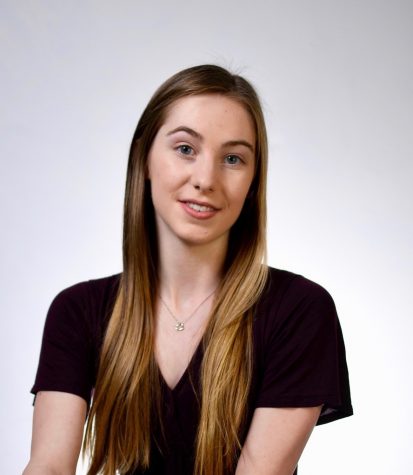“It’s now mushroomed.”
This is how Principal April Scott describes what has happened once problems relating to bullying make it to the office. Often, by the timethe MVHS administration hears about it, bullying has already gotten
out of hand.
In Scott’s opinion, many bullying scenarios spiral out of control because so many cases of bullying occur online. In these cases, bullies and victims don’t meet face-to-face, and it’s easier to say things without thinking about the repercussions. Scott says in these incidents, the students involved often acknowledge that they would never make the same statements they made online to someone in person.
“There’s this weird disconnect,” Scott said, “and I think [there’s a] lack of understanding about the impact of the words, when it’s done in written form.”
The simplest way to fix this, according to Scott, is thinking about what’s being sent as though it were a face-to-face conversation. And victims should speak up.
“Make sure that you advocate for yourself,” Scott said. “And if that’s uncomfortable to do, then bring somebody else in. You go to a teacher, you go to an administrator.”
But often times, it’s not just the bully or the victim who is left in a tricky situation. Bystanders play their own role in bullying. In order for something to be done about the incident in question, Scott believes that bystanders have to take an active role and speak up.
“If I hear it, I say something immediately,” she said. “And I encourage the staff to do the same thing.”
If this seems too daunting, she says that students can always talk to one of their counselors or a trusted teacher, or go and meet with Richard Prinz, our student advocate. This will help make sure that the issue is addressed, as Prinz explains.
“We don’t know how many people feel like they’re being bullied or that aren’t,” Prinz said. “We don’t know the ones who aren’t telling. We just kind of keep it inside. We hear some. Then we try to do all we can about it.”
Regardless of a student’s involvement in the situation, both Scott and Prinz believe that telling an adult who you feel comfortable talking to is often the best course of action.










